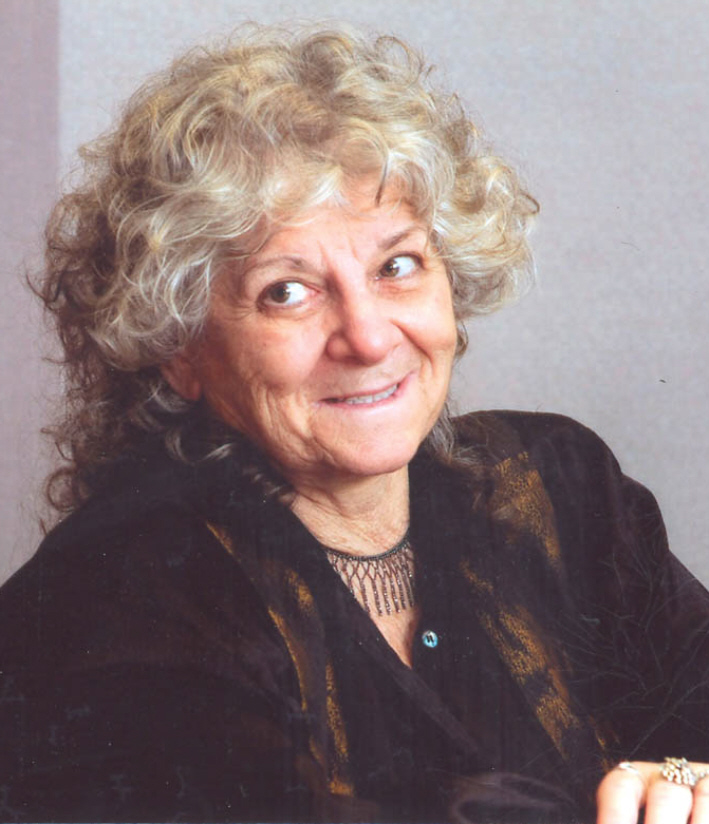Ada Yonath

Affiliations
Weizmann Institute for Science
Biography
Ada Yonath, who is focusing on protein biosynthesis, graduated the Hebrew University, earned Ph.D. and from Weizmann Institute and completed postdoctoral studies at Mellon-Institute and MIT, USA. In the seventies she established the first structural-biology laboratory in Israel. She is the Kimmel Professor and Director of Kimmelman Center for Biomolecular Structure. During 1986-2004 she also headed Max-Planck-Research-Unit for Ribosome Structure in Hamburg. She is a member of US-National-Academy-of-Sciences; Israel Academy of Sciences and Humanities; German Science Academy (Leopoldina); EMBO; International Academy of Astronautics, UK Royal Society for Chemistry, the Pontificia Accademia delle Scienze (Vatican) and more. She holds honorary doctorates from Oslo, NYU, Mount Sinai, Oxford, Cambridge, Hamburg, Berlin-Technical, Patras, De La Salle University and most Israeli Universities. Her awards include the Israel Prize; Paul-Karrer Medal; Louisa-Gross-Horwitz Prize; Ehrlich-Ludwig Medal; Linus Pauling Gold Medal; Wolf Prize; UNESCO/L’Oreal Award; Albert-Einstein World Award for Excellence; Erice Peace Prize; Nobel Prize for Chemistry.
Abstract
Species-specific antibiotics and the microbiome
Ada Yonath, Department of Structural Biology, Weizmann Institute, Rehovot 76100, Israel
The current global escalation in resistance to antibiotics is a serious threat, as it seems that the world is headed for a post-antibiotic era, in which common infections and minor injuries that have been treatable for last decades could become fatal again. Ribosomes, the universal cellular machines that translate the genetic code into proteins, are paralyzed by many clinically useful antibiotics. The structures of ribosomes from non-pathogenic bacteria, used as models for genuine pathogens, illuminated the antibiotics binding modes, inhibitory actions, synergism pathways, the differentiation between patients vs. pathogens and mechanisms leading to bacterial resistance.
However, as species specific diversity was detected in susceptibility to infectious diseases, our structural studies have been extended to ribosomes from genuine pathogens. The high resolution structures of the ribosomal particle from a genuine multi-resistant pathogen in complex with several antibiotics, highlighted subtle, albeit highly significant structural elements that can account partially or fully for species specificity and may lead to the design of species specific drug, while preserving the microbiome.

